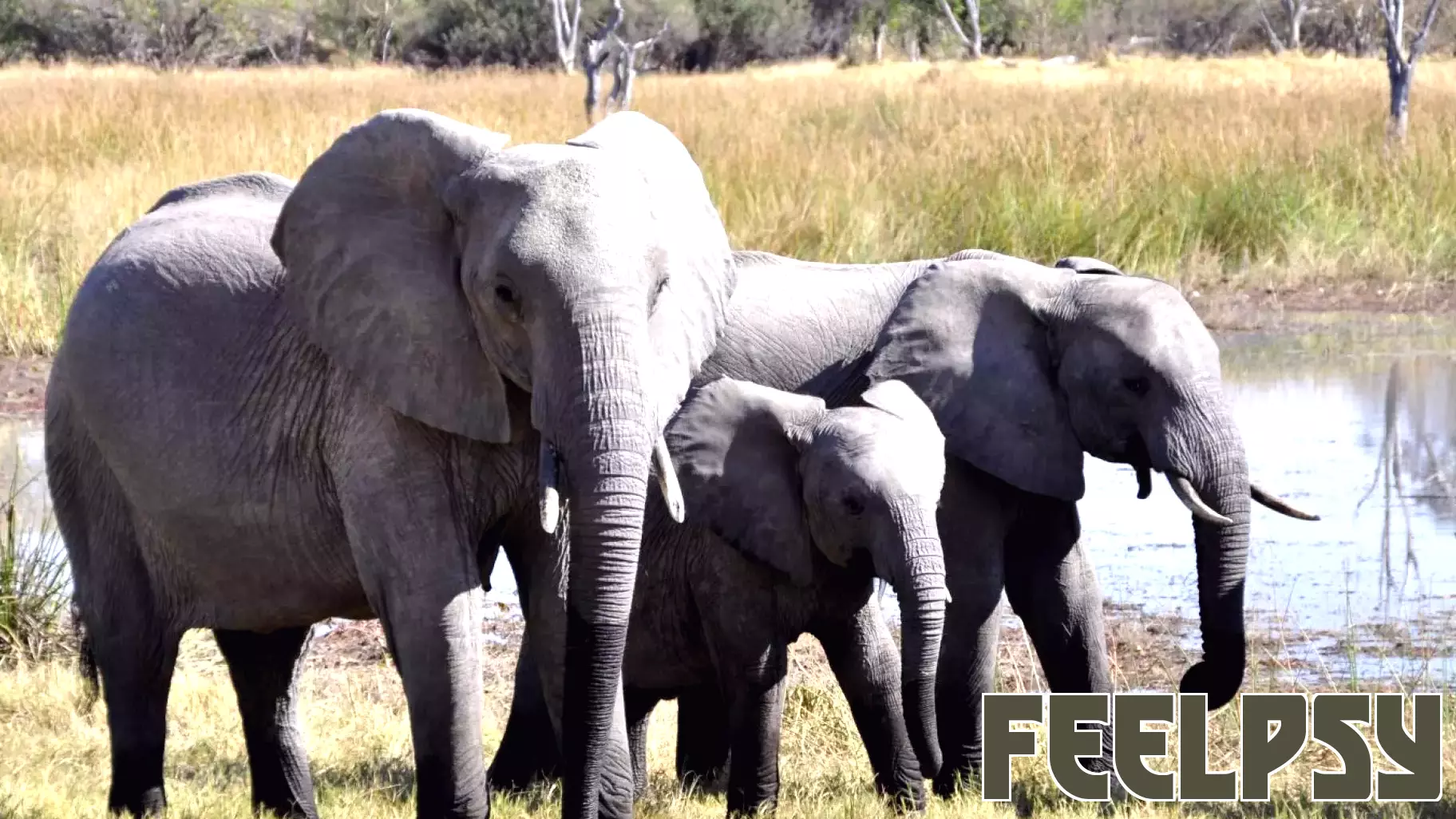The Impact of Trophy Hunting on Animal Populations and Cultural Heritage
November 30, 2024 - 03:15

Recent research highlights the troubling consequences of trophy hunting, particularly its detrimental effects on older, larger animals that play a crucial role in maintaining biodiversity and cultural practices. Trophy hunting often targets these mature individuals, which are essential for the social structure and stability of animal populations. The loss of these wise and experienced animals disrupts the natural balance within ecosystems, leading to a decline in biodiversity.
Moreover, the absence of older animals can have profound implications for the cultural traditions of communities that rely on these species. Many indigenous cultures have deep connections to wildlife, and the removal of key animal figures can erode traditional knowledge and practices passed down through generations. As younger animals take over, the unique behaviors and traits associated with older generations may be lost, further diminishing the richness of these cultural heritages.
In light of these findings, it is crucial to reconsider the ethics and long-term impacts of trophy hunting on both wildlife and the cultural identities of communities that depend on them. The preservation of animal species and their cultures is vital for maintaining ecological balance and fostering a deeper understanding of our natural world.
MORE NEWS

March 4, 2026 - 01:08
Navigating the Messy Middle of Disaster RecoveryThe immediate crisis of a natural disaster is met with a surge of media coverage and public support. However, the true test for survivors and community leaders often begins a year or more later, in...

March 2, 2026 - 16:42
Psychology says the room in your house where you feel most yourself reveals these 6 things about your core attachment needs — and it's almost never the room you'd describe as your favouriteWhile we often showcase our favorite, most polished spaces, psychologists suggest the room where we instinctively feel most authentic reveals profound truths about our core attachment style. This...

March 1, 2026 - 20:45
What Can You Do When You Feel Disappointed?Disappointment is a universal human experience, arising naturally when outcomes or people fall short of our expectations. It is an inherent part of both new and old relationships, as well as...

March 1, 2026 - 11:44
Psychology says when an elderly parent starts repeating the same stories over and over, they're not losing their memory—they're doing something with those specific stories that most families never stop to understandThe familiar frustration of hearing a parent or grandparent tell the same story yet again is a common family experience. However, psychological research suggests this repetition is far from a...